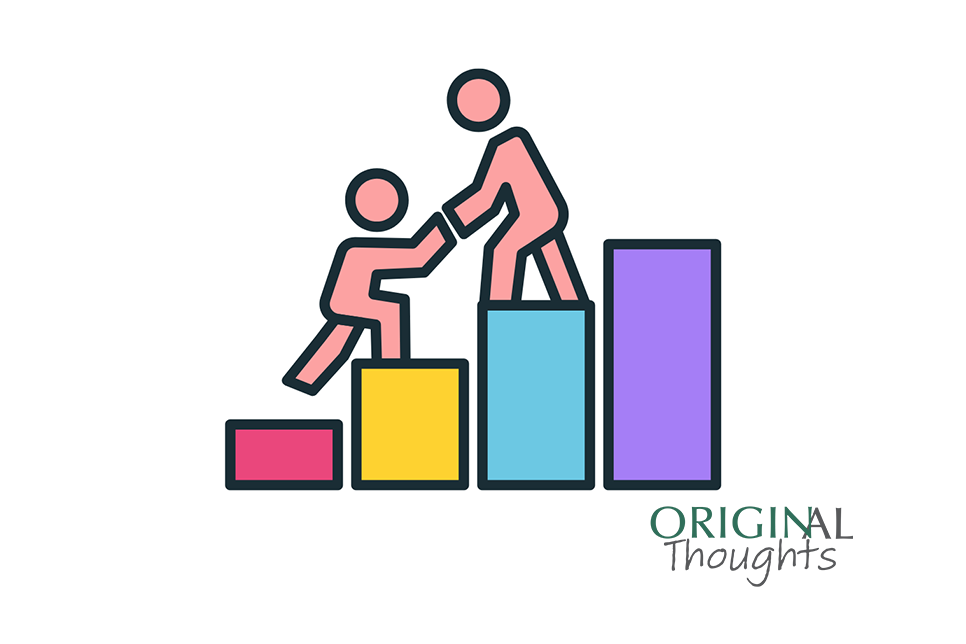Blog post
Winning the Millennial Talent Game: 5 Actionable Best Practices
26 Sep 2024

As millennials continue to reshape the workforce, their preferences are transforming how companies approach employee engagement, development, and retention. Representing about 35% of the U.S. workforce, the millennial generation, which now surpasses Baby Boomers as the largest living adult generation, has distinctive values that employers must address to remain competitive. Companies that align with millennial expectations, such as prioritizing flexibility, continuous learning, and well-being, stand to gain significant financial and productivity benefits.
The Growing Demand for Flexible Work Arrangements
A key characteristic of millennials in the workforce is their desire for flexibility. According to Deloitte, 76% of millennials are interested in more flexible working or in reducing their working hours. Remote work, flexible hours, and hybrid work models have become essential for retaining this generation. Although recent, return-to-office mandates have produced varying results, it’s evident that millennials still prioritize flexible work, in terms of both when and where they work.
By offering custom eLearning solutions that are accessible anytime and anywhere, companies can support remote and hybrid work models. Microlearning and mobile-friendly content are particularly effective for providing flexibility.
Addressing Stress and Mental Health
35% of millennials say they feel stressed all or most of the time. To combat this, employers should focus on offering mental health resources and fostering a supportive work environment. Investing in mental health initiatives, such as counseling services or wellness programs, can lead to an increase in productivity by reducing absenteeism and burnout. Companies that prioritize employee well-being often experience lower turnover rates, which further stabilizes the workforce and reduces recruitment costs.
Businesses can create wellness-focused training programs that integrate mental health and well-being into their offerings. Developing content that promotes work-life balance and stress management can help foster a healthier, more supportive work environment that resonates with millennial values.
The Challenge of Low Engagement
One of the most pressing issues employers face with millennials is low engagement. Only 32% of millennials report feeling engaged at work. This disengagement has a tangible financial impact—Gallup reports that improving employee engagement can lead to a 23% increase in profitability while reducing absenteeism and increasing productivity.
Gamification and augmented reality (AR) or virtual reality (VR) solutions transform traditional training into interactive experiences. These approaches make learning more engaging and improve retention by aligning with millennials’ preferences.
Prioritizing Career Growth and Development
Millennials place a strong emphasis on career growth and development. They are eager to learn and advance, and organizations that provide opportunities for continuous learning and professional development are more likely to retain this talent. The Amazon Workplace Intelligence Study finds that 74% of millennials are likely to quit within the next year due to a lack of skills development opportunities. Clear career paths, mentorship programs, and regular performance check-ins are key to meeting these expectations.
Scenario-based learning modules simulate real-world challenges, helping employees develop skills aligned with their career paths. This approach contributes directly to professional growth and engagement.
Meeting Expectations for Technology and AI
Millennials expect their workplaces to be tech-savvy and innovative, reflecting their strong affinity for digital tools and technology. Investing in modern technology and providing tools that facilitate collaboration and efficiency can significantly enhance productivity and meet these expectations. With the rise of GenAI, organizations are looking to seize the opportunities it offers, such as enhancing efficiency and productivity but only 45% of millennials say their employers are training employees on the capabilities, benefits, and value of GenAI.
Incorporating innovative solutions, such as cloud-based collaboration tools or advanced learning management systems, can improve employee productivity and satisfaction. Cultivating a workforce that can learn, and evolve with GenAI, helps companies ensure that technology serves as a tool for human advancement.
By adopting these best practices, businesses can better attract, engage, and retain millennial talent, ensuring long-term success and the ability to navigate the evolving demands of the modern workforce.
KnowledgeWorks Global Ltd. provides custom eLearning solutions, specializing in microlearning, scenario-based learning, gamification, AR/VR, and more. With extensive experience across corporate enterprises and educational institutions, KGL delivers tailored training content that meets the unique needs of today’s workforce. To find out how our services can benefit your team, contact us at info@kwglobal.com.
Related Posts

Guiding the Way: The Transformative Power of Mentorship in Journal Publishing

Classroom Confusions — Top Science Misconceptions in Teaching


